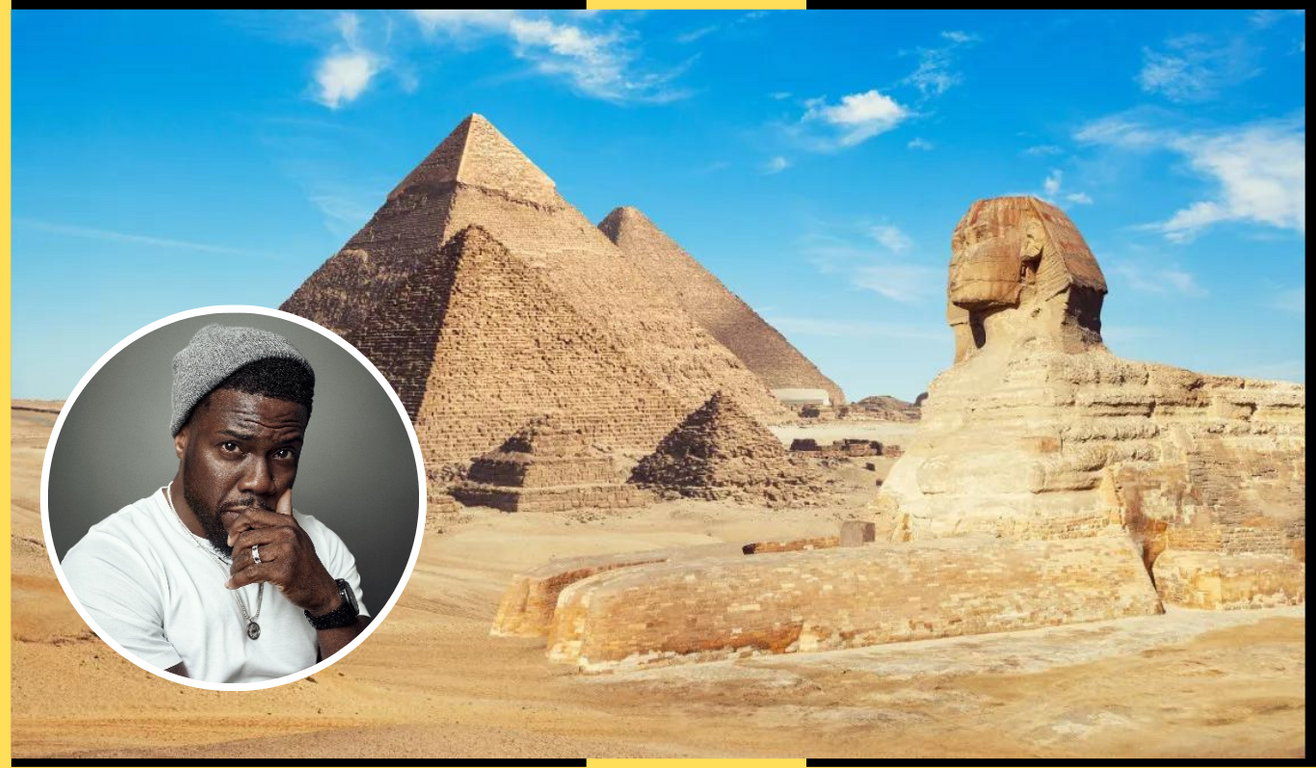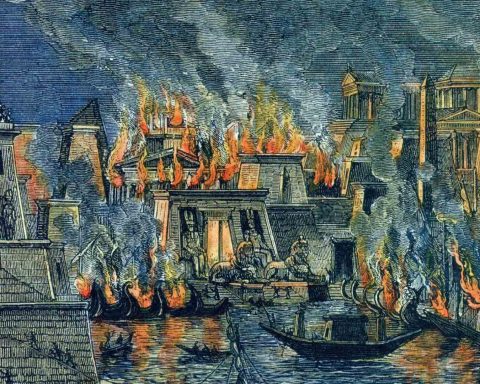World-famous American comedian Kevin Hart’s show in Cairo was canceled last month on Monday, 20 February. Scheduled to have taken place on Tuesday 21 February, the show would have marked Hart’s first performance in Egypt.
The cancellation, which was made by the show’s organizers R Productions, was attributed to “logistical issues”.
“It is with a heavy heart that we share with you, due to local logistical issues, the cancellation of our Kevin Hart event scheduled for February 21st, in Cairo,” the statement reads. “You have always shown us continuous support in all our events and for that we’re grateful.”
According to the statement, the organizers went ahead to request ticket holders to be patient until they receive their refunds.

The comments on the cancelation post were mostly unwelcoming of the American comedian due to previous Afrocentric comments that were allegedly made by him.
Created by African-American activists, Afrocentrism is a movement that promotes African culture and emphasizes its contributions to the development of Western civilization. It suggests, in particular, that ancient Egypt’s rulers and its population were Black, a fact revised and ultimately wiped from the Western and worldwide scholarship.
Some Egyptians believe that this assumption implies the erasure of a unique Egyptian identity.
“We must teach our children the true history of Black Africans when they were kings in Egypt and not just the era of slavery that is cemented by education in America. Do you remember the time when we were kings?” is a statement that Hart is believed to have said in the past.
According to Western historians and Egyptologists, race is difficult to ascertain in ancient Egypt.
A fallacy debunked by historical facts, which confirm that indeed ancient Egypt was a Black civilization and had a long line of Black rulers. Eyewitnesses of that period confirm this fact.
On several occasions, Herodotus, the father of modern history insists on the Negro character of Ancient Egypt. For example, to prove that the flooding of the Nile cannot be caused by melting snow, he cites, among other reasons he deems valid, the following observation: ”It is certain that the natives of the country are black with heat.”
To demonstrate that the Greek oracle is of Egyptian origin, Herodotus advances another argument: ”Lastly, by calling the dove black, they (the Dodoneans) indicated that the woman was Egyptian…”. The doves in question symbolize two Egyptian women allegedly kidnapped from Thebes to found the Oracles of Dodona and Libya.
Gaston Maspero (1846-1916) another prominent ancient writer also documents the Egyptian race.
”By the almost unanimous testimony of ancient historians, they belonged to an African race which first settled in Ethiopia, in the Middle Nile, following the course of the river…they gradually reached the sea….Moreover, Bible states that Mesrain, son of Ham, brother of Chus (Kush) the Ethiopian and of Canaan, came from Mesopotamia to settle with his children at the bank of the Nile.”
According to the Bible, the most popular historical text, Egypt was peopled by the offspring of Ham, the ancestor of the Blacks.
What is the value of the above examples today?
Coming from eyewitnesses, they could hardly be false. Herodotus may be mistaken in a number of things due to personal bias but one must grant that he was at least capable of recognizing the skin colors of the inhabitants of the countries he visited. Besides, Herodotus never recorded anything without checking, he knew how to weigh things.
Despite these glaring facts, Western historians and their media have continued to overlook this part of Egyptian history, and whenever people like Kevin Hart try shedding light on it, the consequences are dire.










